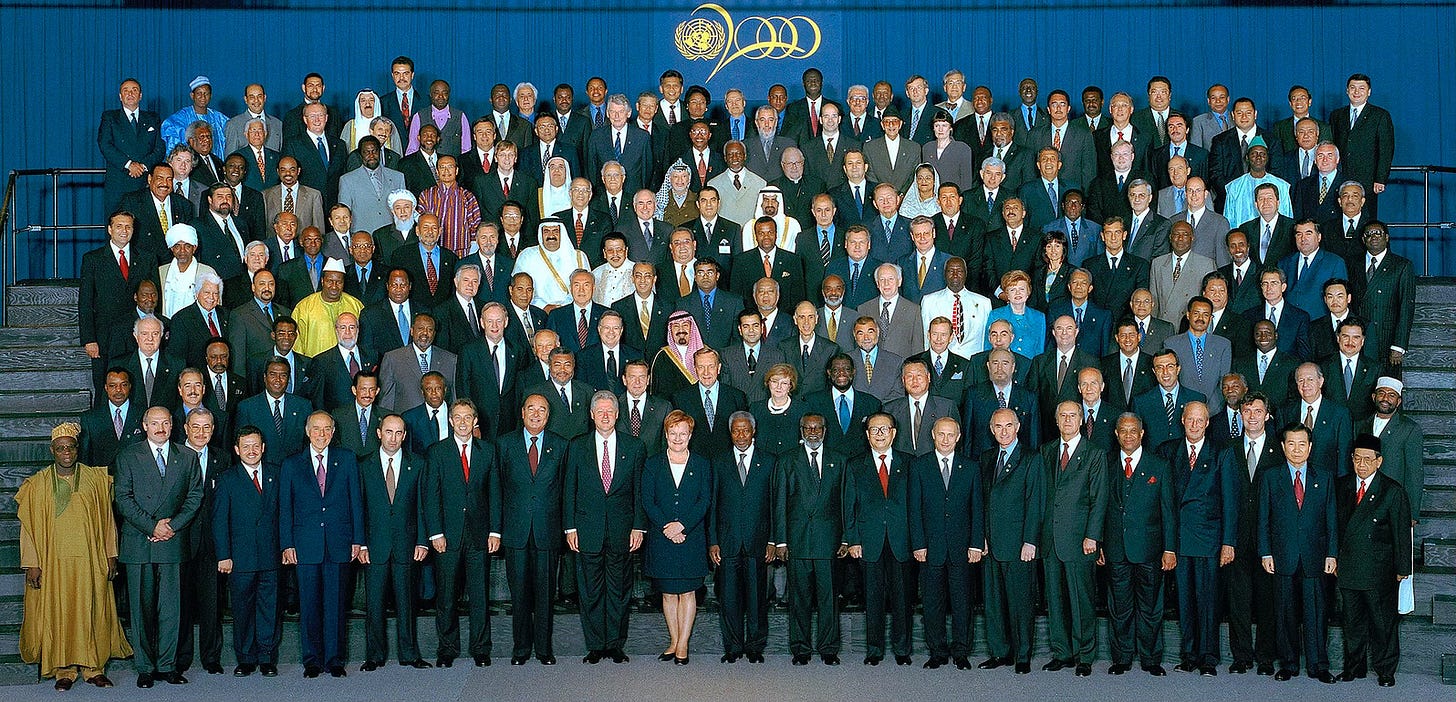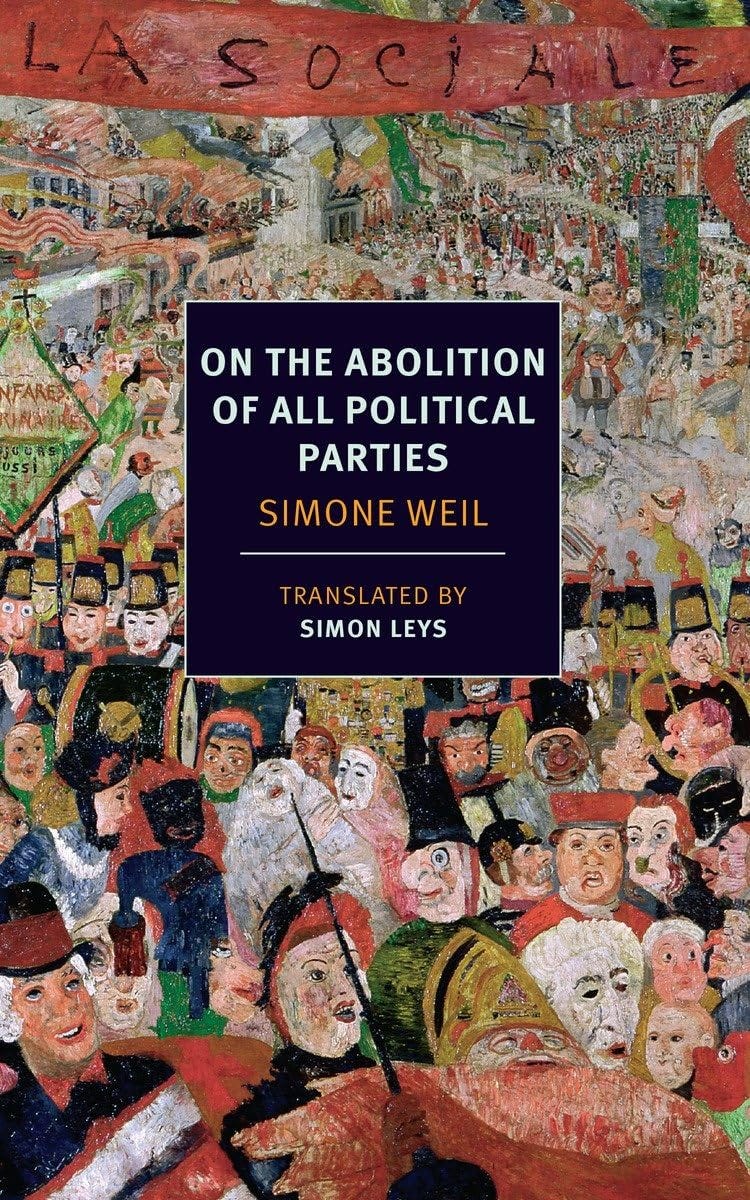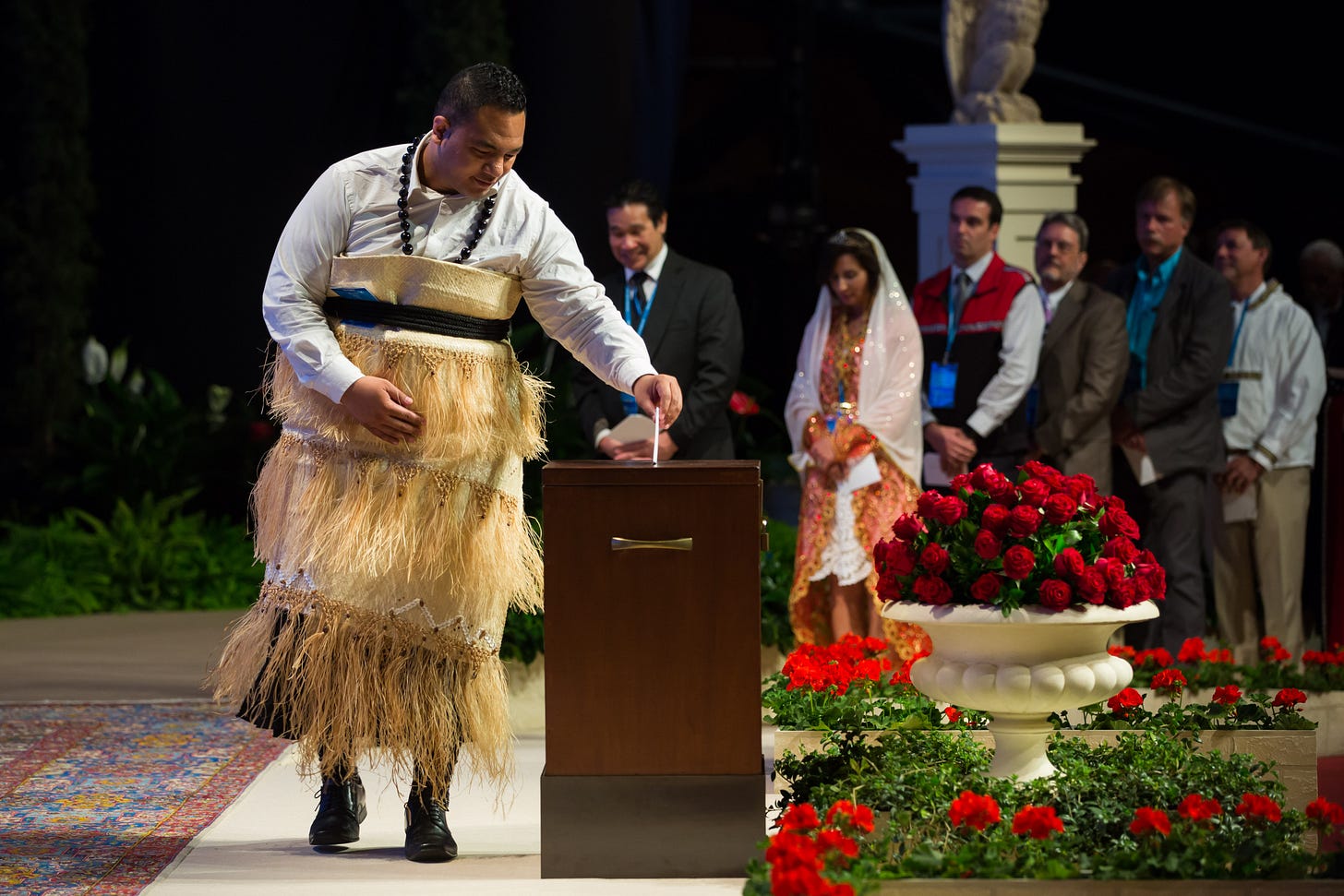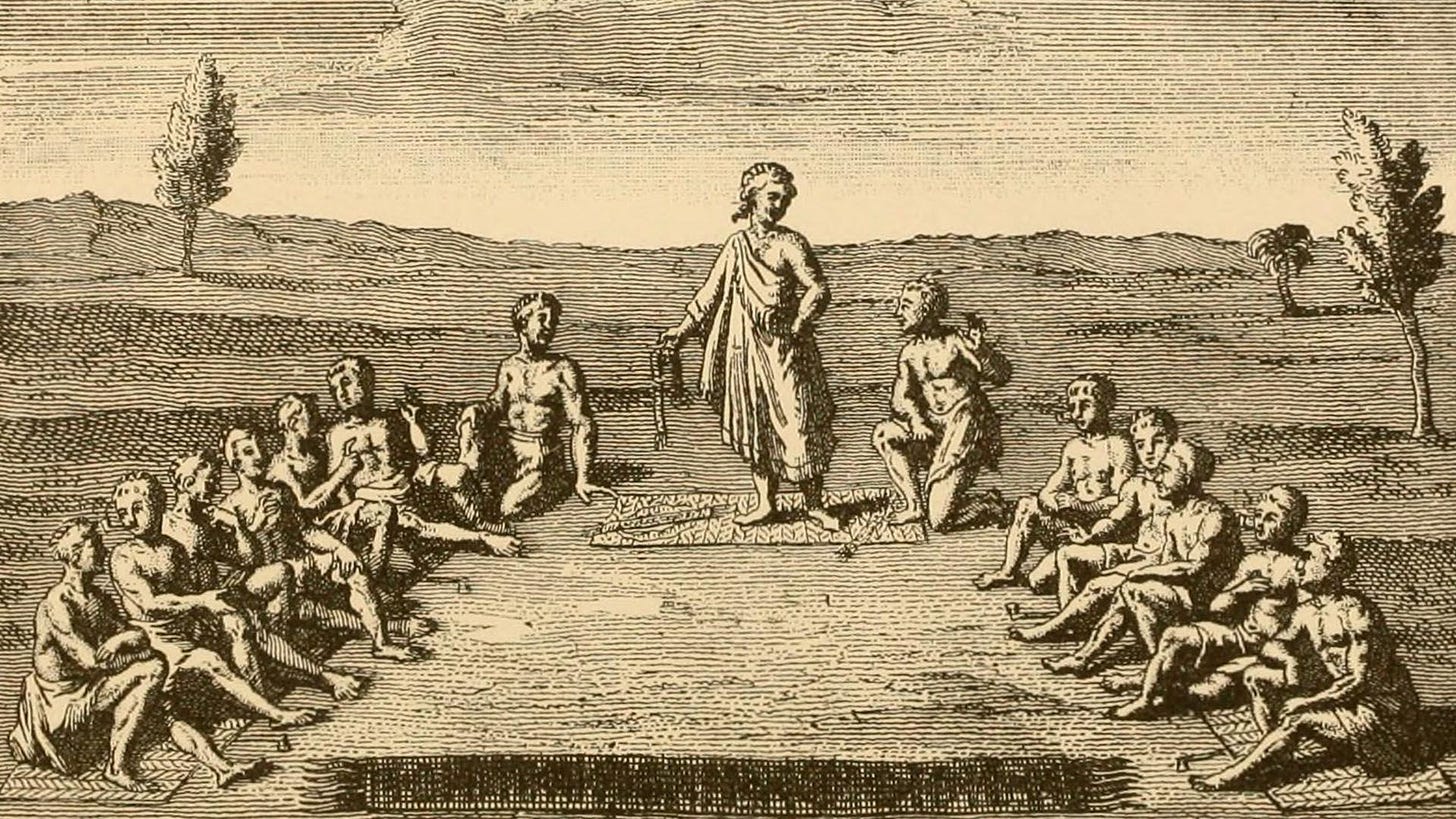Greetings, soul-seeking, news-weary friends!
This week on the Soul Boom podcast, Rainn sits down with Stephanie Ruhle—host of The 11th Hour on MSNBC.
It’s a provocative conversation between very good friends about trust, media, money, and meaning.
Rainn and Stephanie don’t shy away from disagreement. But instead of debating to win, they stay in the room with each other—challenging assumptions, sharing personal stories, and circling something bigger.
Together, they explore how capitalism might evolve, how the news can better serve the public, and why tuning out—though tempting—isn’t the answer. Stephanie speaks from inside the system. Rainn questions it from the outside. And where they land is intriguing…
One moment in particular stuck with us.
Stephanie tells a story about visiting a public school to teach financial literacy. She wanted to offer something practical—budgeting, credit, the basics of building a stable life. But when she started talking, the room didn’t exactly light up. The kids weren’t buying what she was selling.
One said he didn’t need budgeting skills because he was going to get rich off Dogecoin. Another shrugged and said it didn’t matter—“the system’s rigged anyway.” A few had already checked out completely, eyes glazed over like they were halfway down the block.
It wasn’t that they were lazy. It wasn’t that they didn’t care. It was that they could smell B.S.—and they were surrounded by it.
These were kids who had inherited systems they didn’t trust. Political systems. Economic systems. Media systems. Education systems. Most of which seem to be yelling at each other while quietly falling apart.
And it got us thinking—not just about education or finance or media—but about the very structure of how we organize our society.
Because let’s be real: things are a hot mess out there.
People are yelling past each other—on the internet, in government, even at family barbecues—about who gets to be in charge of what and whose truth is the truest. The relationship between individuals, communities, and institutions—what used to be a triangle of cooperation now feels more like a rock-paper-scissors deathmatch.
Religious fundamentalism is hijacking entire communities. Trust in institutions has tanked—understandably!—but now healthy skepticism has been vacuumed up and weaponized by folks with big egos, big microphones, and even bigger conspiracy boards in their basements.
We’ve somehow entered a phase of human history where even basic ethical principles—like “don’t lie” or maybe “don’t profit off of other people’s suffering”—feel up for debate. The consensus we thought we were building—the one that said, “Let’s try to be decent to each other and not descend into Mad Max–style chaos” — yeah, that consensus is wobbling like a broken three-legged IKEA chair all too ready for the landfill.
And the will—remember will?—the collective energy and intention to solve our big global problems together? It’s fading. What was once a muscle is now a memory.

Twenty five years ago, global cooperation was kind of the cool thing. Now it’s getting booed off stage by racism, nationalism, and “me-first” factionalism. So... what do we do?
(Deep breath.)
This might sound woo-woo, but maybe the big changes we need start with a spiritual reframing—a boom at the soul level. A reminder that we’re not just a bunch of competing identities in a comment section, but spiritual beings in human skin, fumbling toward meaning and connection. Maybe—just maybe—our survival depends not on who wins the argument, but on who’s willing to heal the wound.
Because right now, the glue that held society together—shared values, mutual respect, a sense of common destiny—is coming undone. And into that vacuum rush all kinds of sketchy ideologies. The kind that thrive on fear and despair. Like moths to the fire thinking, “Look at that pretty light,” right before they’re consumed by the flames.
Meanwhile, the good people—the quiet heroes, the civic-minded doers, the duct-tape-and-casserole crew—are exhausted. They're trying to hold their communities together while the world spins faster and weirder. Not with dramatic headlines. But with a thousand little fractures that add up: a neighborhood where no one talks. A dinner table where kindness is replaced by suspicion. An internet comment thread that turns into a full-on dumpster fire in six seconds flat.
The moral battery that powers society? It’s running low. The check engine light is on. And instead of pulling over, we’re flooring it.
But here’s the hopeful part (yes, there’s always a hopeful part): Something else is stirring. Quietly. Beneath the noise and nonsense. A new kind of collective life is forming.
One that reflects the best parts of who we are.
Not division—but connection.
Not fear—but service.
Not power—but purpose.
It’s still early. Still fragile. Still growing. But it’s real. And if we’re paying attention—and seeking opportunities—we can be part of it.
Of course, what it would mean to remake our world can’t be captured in a single Dispatch—or in one book, or even a vast library. But maybe for the remainder of this post we can look at one big idea—one wild question that’s rarely entertained in the political discourse of left and right.
What if we outgrew political parties?
No, not through a political revolution. A spiritual revolution.
Not overnight. Not with pitchforks and pamphlets. But slowly. Intentionally.
Like fruit growing on a tree. Like children growing out of a pair of pants that don’t fit anymore.
Like healing. Like evolving.
And as we envision this future world, perhaps we can hearken back to some sage voices of the past. For example, did you know that America’s preeminent Founding Father—its first President—explicitly warned against political parties? In George Washington’s Farewell Address of 1796 we find:
“The alternate domination of one faction over another, sharpened by the spirit of revenge... is itself a frightful despotism. But this leads at length to a more formal and permanent despotism... The common and continual mischiefs of the spirit of party are sufficient to make it the interest and duty of a wise people to discourage and restrain it.”
Another voice who understood the dangers of party politics long before social media ever existed was Simone Weil. Philosopher and former Marxist-turned-mystic, Simone Weil believed that political parties are machines for the manufacture of collective passion. She argued that they don’t help us discover what’s true or just—they help us stay loyal. Help us obey. Help us win.
In her short, scorching treatise On the Abolition of All Political Parties, she claimed that parties make truth impossible. Not by accident—but by design.
Because when you join a party, your job isn’t to seek the good. It’s to fall in line. Your conscience is no longer the compass—the platform is. And your opponent isn’t someone to learn from—it’s someone to defeat. As she wrote:
“It is impossible to examine the frightfully complex problems of public life while attending to, on the one hand, truth, justice and the public interest, and, on the other, maintaining the attitude that is expected of members of a political movement. The human attention span is limited — it does not allow for simultaneous consideration of these two concerns. In fact, whoever would care for the one is bound to neglect the other.
Yet no suffering befalls whoever relinquishes justice and truth, whereas the party system has painful penalties to chastise insubordination. These penalties extend into all areas of life: career, affections, friendship, reputation, the external aspect of honour, sometimes even family life…
Even for those who do not compromise their inner integrity, the existence of such penalties unavoidably distorts their judgment…”
Weil wasn’t advocating for chaos. She was advocating for clarity. For truth over loyalty. For discernment over dogma. For systems that serve people, not the other way around.
And here’s the surprising part: this isn’t a fantasy.
There are already real-world examples that offer clues about how we might govern without parties.
Take 12-step fellowships. No parties. No campaigning. No power-grabbing. Just rotating leadership, service-based roles, and decisions made by group conscience. Millions of people. Decades of success. It works.
Take the Baháʼí community, for example. There are no clergy. No political parties. No nominations, campaigns, or candidates. Instead, members participate in annual elections using secret ballots—choosing council members and delegates from within their own communities, often at a scale where they actually know the people they’re voting for. Leadership isn’t sought—it emerges from a collective trust in those chosen. And decisions aren’t made through debate, but through consultation—a spiritually grounded practice focused on unity, truth-seeking, and service. It’s not utopia, but it’s quietly working in thousands of communities around the world.
Or go further back: the Haudenosaunee Confederacy, whose model of consensus-based, spiritually grounded governance helped inspire the U.S. Constitution. A system rooted not in partisanship, but in deep listening. In responsibility. In kinship.
All of these share something powerful:
They don’t assume opposition is inevitable. They assume cooperation is possible. Even natural.
And maybe—just maybe—these lessons from recovery rooms, Indigenous communities, and progressive spiritual movements offer something more than spiritual insight.
Maybe they offer a blueprint.
A glimpse of how human beings might organize our affairs—even in a modern, secular world—not through domination or division, but by taking counsel together, finding a shared understanding and collective solutions to our common problems.
That new world will come from building together, not tearing down.
Sure, you might say—these are niche examples. Small-scale. Spiritually inclined. But isn’t that exactly the point? If such clarity, cooperation, and conscience can take root in a room of ten, a neighborhood of hundreds, a faith community of millions—then surely, with imagination and will, those principles can scale. From the smallest hamlet to the entirety of the world.
So maybe that’s our task now—not to fight harder for a broken system.
But to build something new beside it.
Something grounded.
Something beautiful.
Something that works.
And yes, let’s be real—we’re not waking up in Starfleet uniforms tomorrow. But imagining a world where shared humanity comes first isn’t science fiction—it’s spiritual navigation. A North Star we can steer by as we chart a course toward a future worthy of our descendants.
Buckminster Fuller said:
“You never change things by fighting the existing reality. To change something, build a new model that makes the existing model obsolete.”
Because if we build it…
(Yes, you know what’s coming…)
They will come.
The dreamers.
The bridge-builders.
Maybe even the kids in that classroom. The ones who looked at Stephanie Ruhle and said, “Why bother? It’s all rigged anyway.”
They might believe again.
They might show up.
And who knows?
They just might lead the way.
So what’s your soul’s take?
If the system is broken… what would you want to build in its place?











Such a balanced and soul-evoking piece. Dreaming a new reality, from spiritual perspective. Non-dual dreaming, at its best.
Omg yes to allll of it!!! We need to get much more vertical in our thinking and our approach in this very horizontal world. I’m encouraged by how many more conversations I’m having with the spiritually-curious, like they finally want to know what else is out there. We need a swing back to the middle road where self-leadership with faith and integrity is the norm and enables everyone to live a stable and fulfilling life.